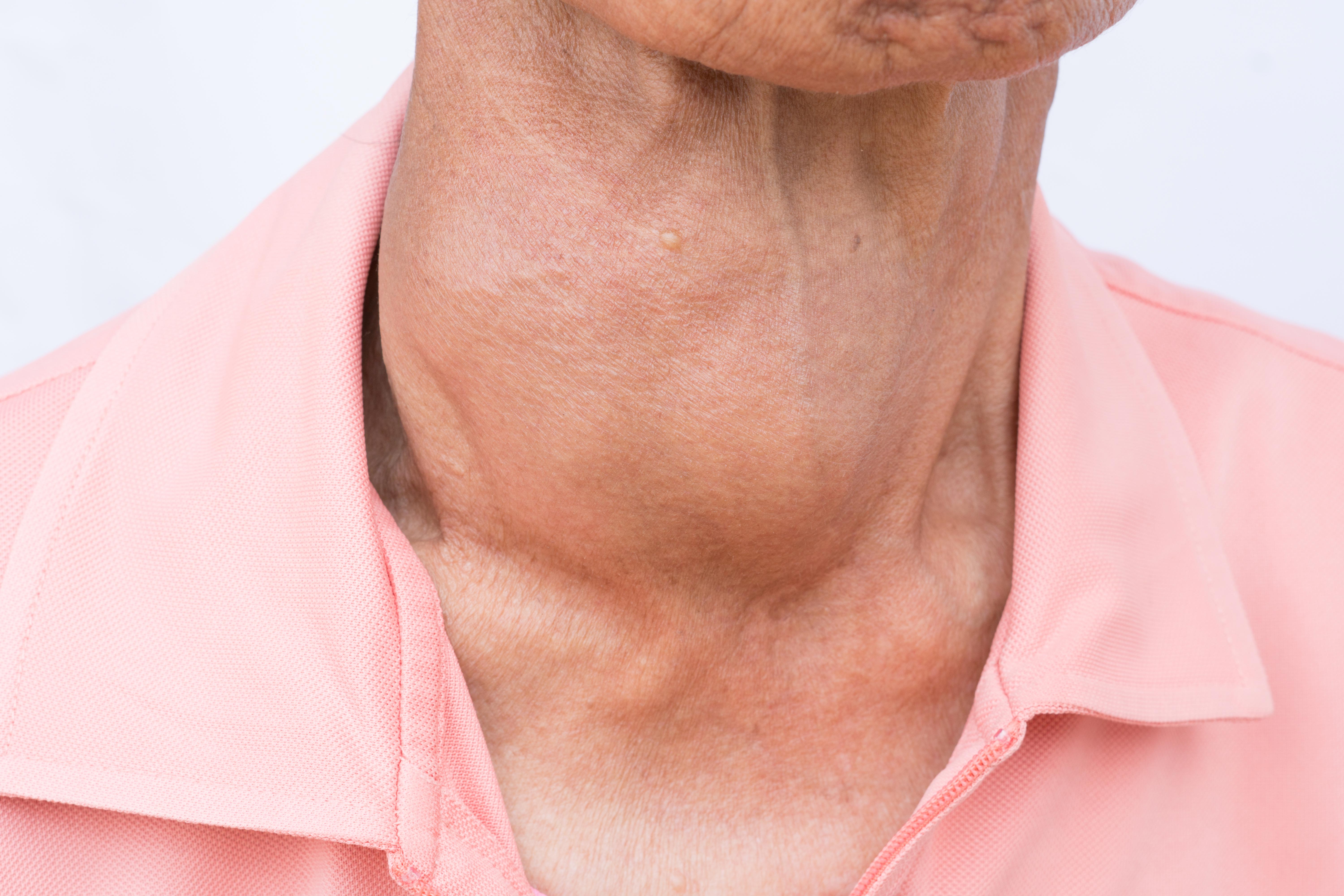
Global Iodine Deficiency Disorders (IDD) Prevention Day or World Iodine Deficiency Day is observed every year on 21st October. The aim of this day is to generate awareness of the adequate use of iodine and to highlight the consequences of iodine deficiency. The iodine deficiency disorders have become a major public health problem worldwide. In today’s scenario, one-third of the world population is at the risk of iodine deficiency disorders. According to the WHO, around 54 countries are still iodine – deficient. Iodine is a micronutrient which is required for the human growth and development.
Importance of Iodine in our body
Iodine is required for the synthesis of the thyroid hormones, thyroxine (T4) and triiodothyronine (T3) and essential for the normal growth and development and well-being of all humans. It is a micronutrient and normally required around 100-150 microgram for normal growth and development. Deficiency of iodine may cause following disorders:
- Goiter
- Subnormal intelligence
- Neuromuscular weakness
- Endemic cretinism
- Still birth
- Hypothyroidism
- Defect in vision, hearing, and speech
- Spasticity, Intrauterine death
- Mental retardation
The commonest source of iodine is salt. However, it can also be found in other foods such as:
- Milk
- Eggs
- Shellfish
- Sea fish
- Meat
- Cereal Grains
The US Institute of Medicine’s (IOM’s) recommended dietary allowance (RDA) of iodine is as follows:
Normal dietary iodine intake is 100-150 mcg/day.
- Adults and adolescents – 150 mcg/day
- Pregnant women – 220 mcg/day
- Lactating women – 290 mcg/day
- Children aged 1-11 years – 90-120 mcg/day
- Infants – Adequate intake is 110-130 mcg/day
Epidemiology
Iodine deficiency has been identified all over the world. It causes significant health problems in 130 countries and affects 740 million people. One third of the world population is exposed to the risk of Iodine Deficiency Disorder.
It is estimated that in India alone, more than 6.1 crore people are suffering from endemic goiter and 88 lakh people from mental/ motor handicaps. A national level survey has been carried out in 25 states and 5 union territories in the country and it was found that out of 282 districts surveyed, in 241 districts it is a major public health problem where the prevalence rate is more than 10%. It is estimated that more than 71 million persons are suffering from goiter and other iodine deficiency disorders like mental retardation, deaf mutism, squint, and neuromotor defects.
Iodine deficiency remains a major global threat to health and development because it is the most common cause of preventable mental impairment worldwide. In today’s scenario, one third of the world population is at the risk of iodine deficiency disorders.
Programme
Following the successful trial of iodized salt in Kangara valley, Himachal Pradesh in 1962, India has launched the centrally sponsored National Goiter Control Programme.
In 1992, the National Goiter Control Programme (NGCP) was renamed as National Iodine Deficiency Disorder Control Programme(NIDDCP).
Policy
On the recommendations of Central Council of Health in 1984, the Government took a policy decision with the goal of “Universal Iodization of Salt” by 1992, starting the Salt department in the Ministry of Industry. Realising the importance of iodine deficiency in relation to Human Resource Development, NIDDCP has been included in the 20 point programme of Prime Minister. The Central notification restricting the sale of non-iodated salt with effect from May 1998 has since been lifted with effect from November 2000. The notification issued by 29 states/UTs covering their entire territory and partially by 2 states restricting the sale of non-iodated salt in their respective states are still continuing.
